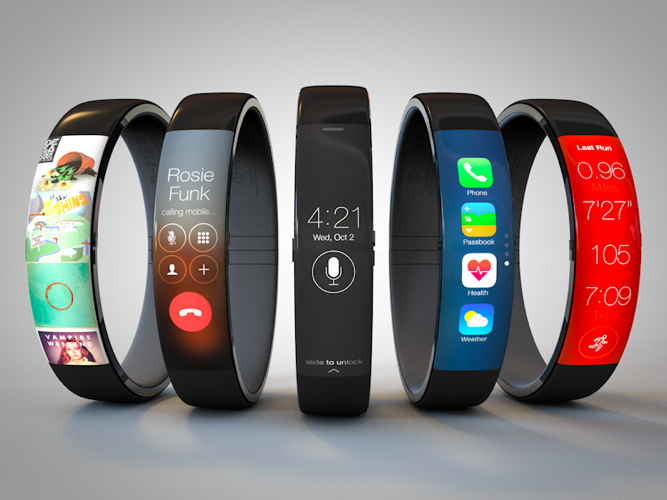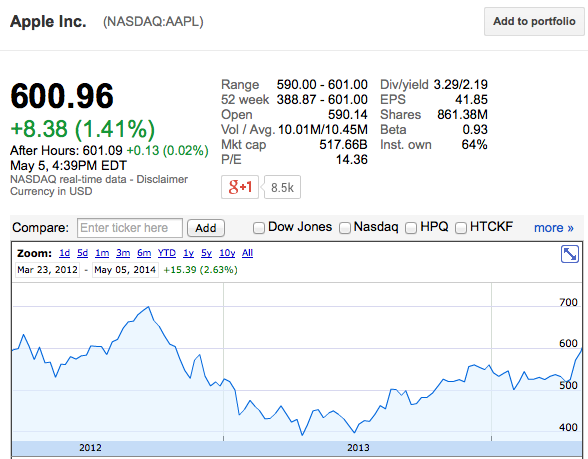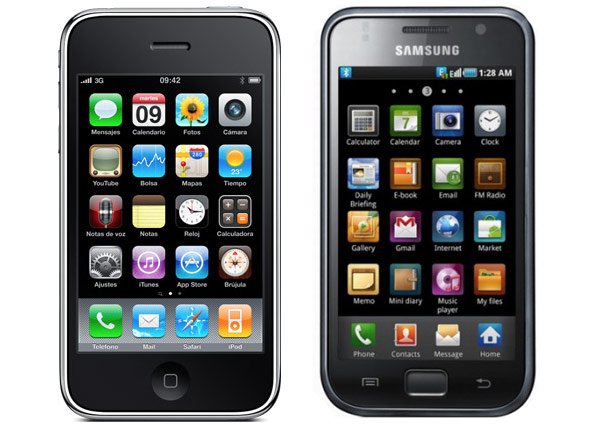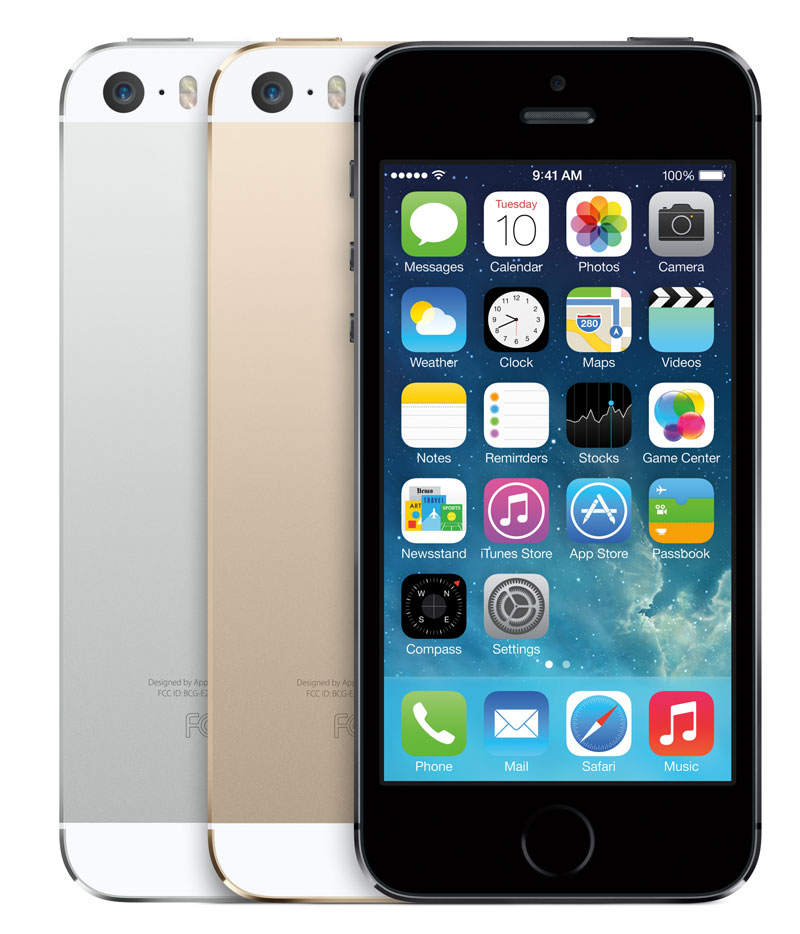After three days of deliberations and several weeks of testimony, the jury reached a unanimous verdict in the second Apple vs. Samsung trial (via CNET). The jury found that Samsung willfully infringed on three of the five patents involved in the lawsuit, ordering the South Korean company to pay $119.6 million, far from the $2 billion total Apple was hoping for.
All of Samsung's devices were found to have infringed on the '647 data syncing patent, while some were found to have infringed on '721, slide-to-unlock. Samsung was not found to have infringed on '959, universal search, or on '414, background syncing. Judge Koh had also previously ruled that Samsung had infringed on Apple's '172 autocomplete patent.
As for Samsung's claims against Apple, Apple was found guilty of violating the company's '449 patent related to an "Apparatus for recording and reproducing digital image and speech", and was ordered to pay Samsung $158,400.
In this second lawsuit, which began on March 31, Apple argued that Samsung owed it $2.2 billion in damages for infringing on five separate iPhone patents. Samsung argued that Apple had infringed on two of its own patents, asking for $6.2 million in damages.
apple_samsung_logos
Over the course of the trial, Apple called in numerous experts to argue why it was owed $2 billion, chalking the total up to lost profits and reasonable royalty estimates. Samsung argued that Apple's $2 billion request was ludicrous, insisting it should owe only $40 million, or $1.75 per device.
While Samsung focused on proving that Apple was actually targeting Android in its suit, calling multiple Google witnesses like former Android chief Andy Rubin, Apple presented the jury with testimony from its own employees on the design, development, and marketing of the original iPhone.
During the trial, news broke that Google agreed to cover lawyer fees and potential damage awards related to some of the patents in the lawsuit. Four of the five patents Apple has accused Samsung of infringing on are part of the Android operating system, but the two Google had agreed to help with were not the same patents Samsung was found guilty of infringing.
This damages award adds to the recalculated damages from the original Apple vs. Samsung trial, in which Samsung was ordered to pay Apple a total of approximately $890 million. This suit focused on newer devices, including the Galaxy S III, Galaxy Note II, Galaxy Tab 10.1, the iPhone 4/4s/5, the iPad 2/3/4, the iPad mini, and fourth and fifth generation iPod touch.
Update 5:50 PM PT: Apple issued the following statement to Re/code following the verdict:
"We are grateful to the jury and the court for their service," Apple told Re/code. "Today's ruling reinforces what courts around the world have already found: that Samsung willfully stole our ideas and copied our products. We are fighting to defend the hard work that goes into beloved products like the iPhone, which our employees devote their lives to designing and delivering for our customers."
Update 6:05 PM PT: Apple's lawyers claim to have identified an error, suggesting one product (the Galaxy S2) found to infringe on the '172 patent received no damages award. The jury will need to return on Monday to finalize the damages award.
Update 5/4 11:40 AM PT: After calculating damages for the missing Galaxy S2, the jury has awarded Apple an additional $4 million and adjusted the damages for some other products, keeping the overall amount that Samsung owes at the original $119.6 million.
All of Samsung's devices were found to have infringed on the '647 data syncing patent, while some were found to have infringed on '721, slide-to-unlock. Samsung was not found to have infringed on '959, universal search, or on '414, background syncing. Judge Koh had also previously ruled that Samsung had infringed on Apple's '172 autocomplete patent.
As for Samsung's claims against Apple, Apple was found guilty of violating the company's '449 patent related to an "Apparatus for recording and reproducing digital image and speech", and was ordered to pay Samsung $158,400.
In this second lawsuit, which began on March 31, Apple argued that Samsung owed it $2.2 billion in damages for infringing on five separate iPhone patents. Samsung argued that Apple had infringed on two of its own patents, asking for $6.2 million in damages.
apple_samsung_logos
Over the course of the trial, Apple called in numerous experts to argue why it was owed $2 billion, chalking the total up to lost profits and reasonable royalty estimates. Samsung argued that Apple's $2 billion request was ludicrous, insisting it should owe only $40 million, or $1.75 per device.
While Samsung focused on proving that Apple was actually targeting Android in its suit, calling multiple Google witnesses like former Android chief Andy Rubin, Apple presented the jury with testimony from its own employees on the design, development, and marketing of the original iPhone.
During the trial, news broke that Google agreed to cover lawyer fees and potential damage awards related to some of the patents in the lawsuit. Four of the five patents Apple has accused Samsung of infringing on are part of the Android operating system, but the two Google had agreed to help with were not the same patents Samsung was found guilty of infringing.
This damages award adds to the recalculated damages from the original Apple vs. Samsung trial, in which Samsung was ordered to pay Apple a total of approximately $890 million. This suit focused on newer devices, including the Galaxy S III, Galaxy Note II, Galaxy Tab 10.1, the iPhone 4/4s/5, the iPad 2/3/4, the iPad mini, and fourth and fifth generation iPod touch.
Update 5:50 PM PT: Apple issued the following statement to Re/code following the verdict:
"We are grateful to the jury and the court for their service," Apple told Re/code. "Today's ruling reinforces what courts around the world have already found: that Samsung willfully stole our ideas and copied our products. We are fighting to defend the hard work that goes into beloved products like the iPhone, which our employees devote their lives to designing and delivering for our customers."
Update 6:05 PM PT: Apple's lawyers claim to have identified an error, suggesting one product (the Galaxy S2) found to infringe on the '172 patent received no damages award. The jury will need to return on Monday to finalize the damages award.
Update 5/4 11:40 AM PT: After calculating damages for the missing Galaxy S2, the jury has awarded Apple an additional $4 million and adjusted the damages for some other products, keeping the overall amount that Samsung owes at the original $119.6 million.






